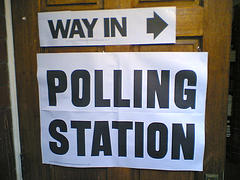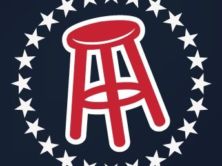
(Credit: Hugovk, Flickr)
The question of scientific sampling and accuracy is usually our biggest concern when it comes to polling. But what happens to a poll’s veracity when the participants have little or no knowledge about the questions’ content?
David Moore (who provided comments for our story on the 60 Minutes/Vanity Fair Poll), examines this problem for the Huffington Post, and shows how “public opinion” as gauged by ostensibly scientific polls can fluctuate when the topic at hand is something as complicated and murky as health care reform.
In his article, Moore puts together a collection of polls leading up to and after President Obama’s September 9, 2009 health care speech to Congress. He points out that different polls reflect different public opinions — even though they all claim to be conducted using scientific methodology. And these aren’t small, statistically insignificant differences. These are giant, 21-point gaps in results. “Could a rational and informed public,” Moore writes “provide such different scientific measures of its opinion on health care to these four polling organizations?”
To explain the differences, Moore looks beyond the numbers to the questions themselves. He finds that many of those polled are “confused about the health care debate.” Hence, “When these people answer the detailed and arcane questions posed to them in the polls, they respond in an almost random fashion, their answers influenced by the way a question is worded or by the previous questions that have been asked.”
Read Moore’s complete anaylsis here.






